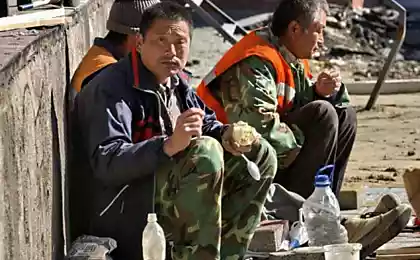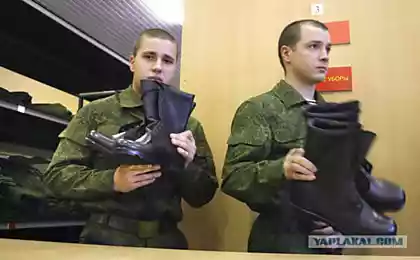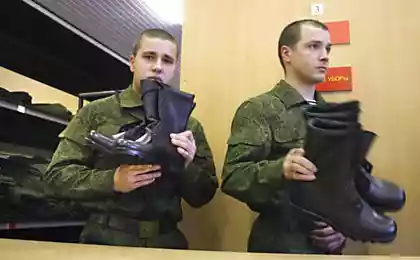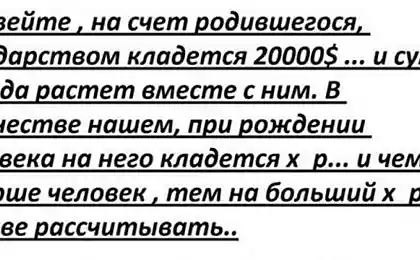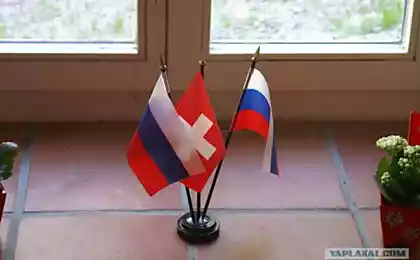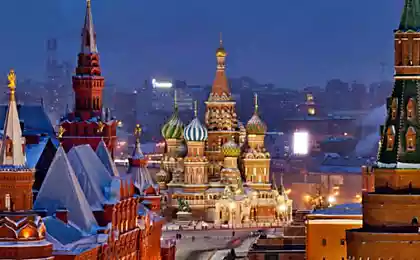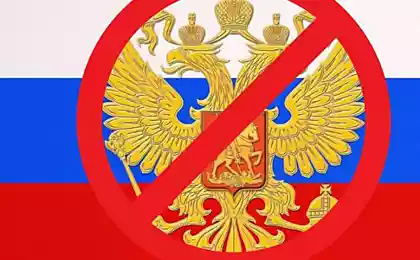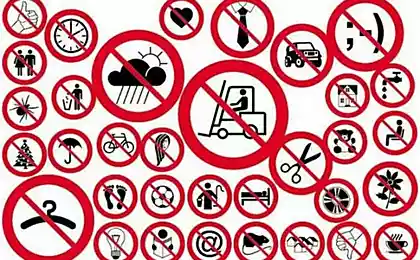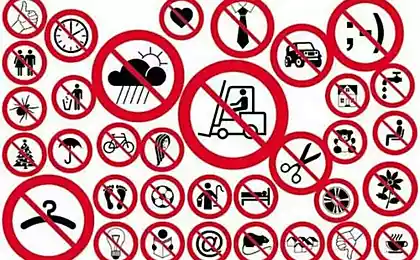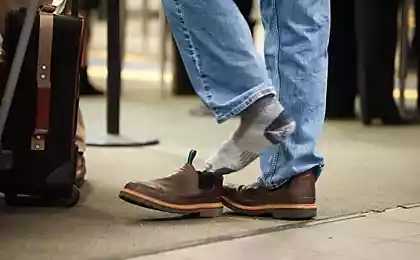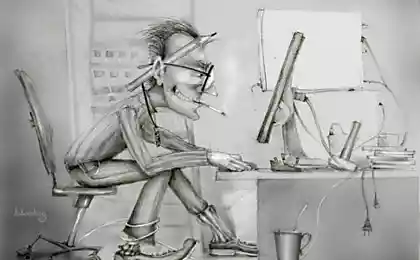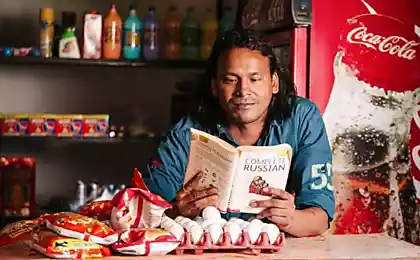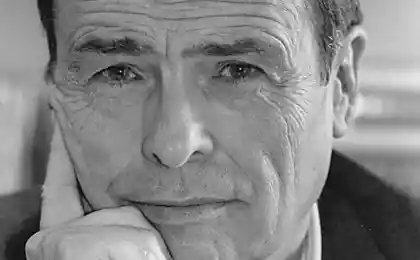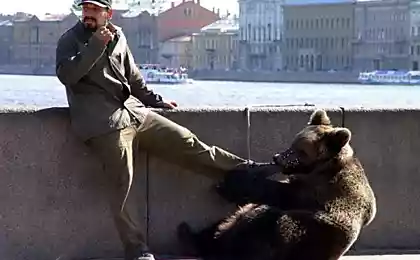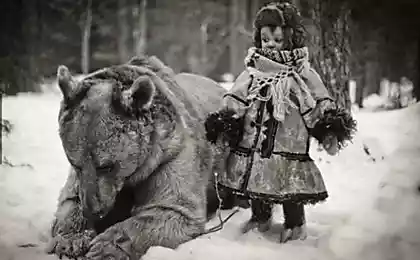2153
Russian migrants
As you probably know the migration from Russia to Europe has recently become widespread. A huge number (around half a million) of our former compatriots have migrated to Europe and America over the last 10 years. I suggest you find out what people think freshly baked Europeans of his countrymen and Russian quarters. Germany
MARGARITA YUKECHEVA
journalist in Berlin, Germany
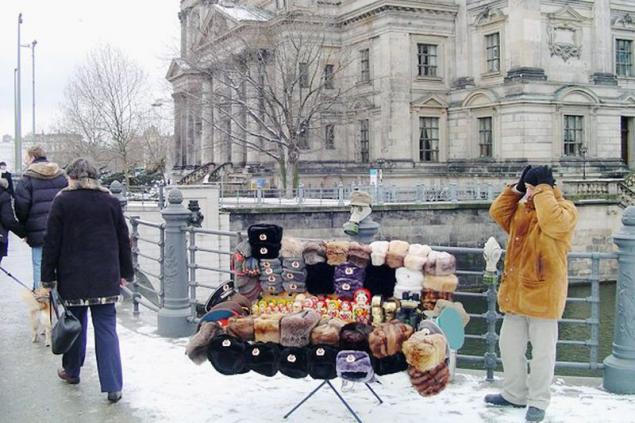
In Berlin, there are areas of Marzahn and Hellersdorf, where up to a third of the population - Russian. Both the first and the second is on the outskirts, high-rise buildings are built and populated mostly by people living on welfare. These sites are considered to be not particularly prosperous. In Berlin, Russian contingent (most of which - ethnic Germans and Jews) - from 100 to 300 thousand in Germany - up to 3 million. All Russian friends in different places: some found in stores, someone visits the Jewish community, someone strikes up a conversation on general holidays, get-togethers and parties.
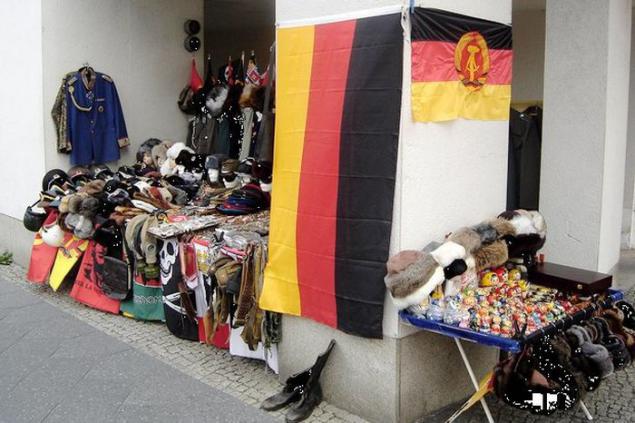
In the district of Charlottenburg-Wilmersdorf in West Berlin are people who have managed to integrate that have a good job and can afford to rent an apartment. In all these areas there are Russian shops, kindergartens and schools, parishes - in short, all the necessary to maintain a spiritual connection with the homeland infrastructure. In Berlin, there are Russian newspapers, radio "Russian Berlin", "Russian House" with lots of clubs for children and diverse kultprogrammoy, have Sunday schools for children at churches. If a person really wants, he can build around themselves Russian peace and well-exist in it. Many even lived in the country for ten years, do not speak German, watching their (Russian, Turkish, Georgian, Polish) TV and live in their cozy little world of migrant.
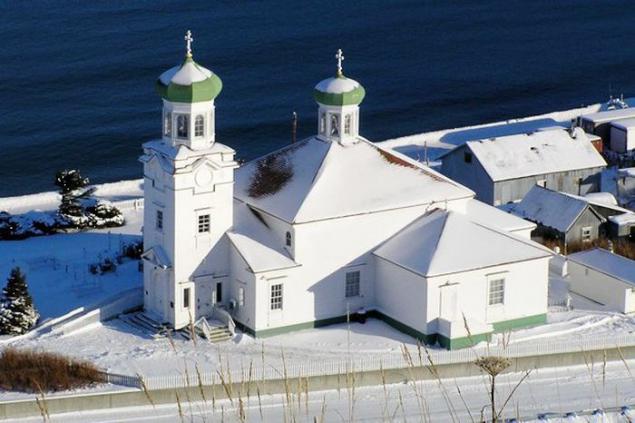
Russian, unlike Turkish and Arab population, fast and well integrated. Typically, the second generation does not speak Russian, better command of German. Russian work everywhere: in stores consultants, doctors, offices in different positions, do business. For some reason the Russian collect money in the toilets in malls and gas stations - suspect the existence of the Mafia sortirny.
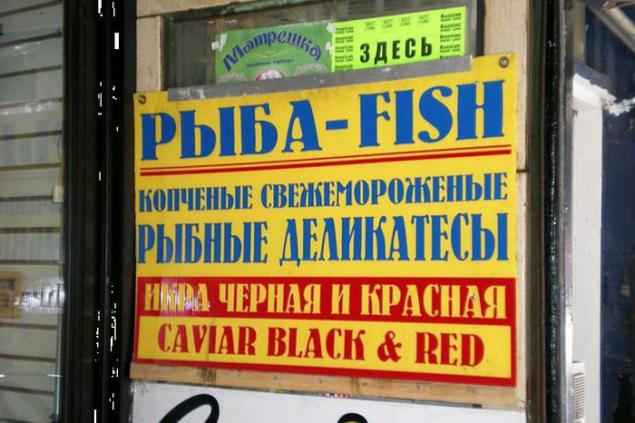
New Zealand
STAS KULESH
Creative Director
Auckland, New Zealand
In my estimation, in New Zealand is home to approximately 15,000 Russian speakers. Most of them end up in Auckland, because it is the largest city in the country. During each trip for groceries in the central supermarket can be found a couple of Russian speakers. Someone shies like a normal native of Russia, someone greets, getting to know - is different. Often grouped according to the order in which time period arrived. I call it the waves.
The explosions in the Moscow metro? So after six months will fly a few dozen people. Putin's elections? Wait a couple of hundred new immigrants. Newcomers are usually grouped with the same interests. At first, they have a lot in common - the need to find housing, buy a car, get a job, to solve everyday and business visa. Only two years later the situation is stabilized, and they join (if you want and attach to this effort) to the local multicultural society.
Somewhere "function" two of the Coordination Council of compatriots designed, as the name implies, we coordinate. Lavrov arrived, bequeathed to support culture. On this occasion, immigrants wave 90s already created two competing organizations for the organization, which in the future is something that can perepast with financed from the Russian budget table. There's even a Russian newspaper "Our harbor" in which Putin's love and morals and does not find the corrector. It is funded, it is worth noting not Russian, and local and not very foundation of culture and advertising. Advertised there Russian mechanics, lawyers, builders, web designers - in general, all professions are represented, you can not learn the language, if desired. I do not participate in numerous circles embroidery and belly dancing, but once a year I spend very much, in my opinion, the correct measure of "total dictation».
All've learned that the bank serves you a native of China, the Korean car repairs, Croat owns a restaurant, Vietnamese programs, Indian brings pizza, Russian painting the fence - it is a big mixed, a free country, we are all in it "come in large numbers." Sure, Maori claim that this is their land, and many European New Zealanders born here in the families who came in the last century, not very happy with the number of new arrivals. But racism, which is absolutely "not working" outside the kitchen and farm pastures. At the farmer's South Island, perhaps, was the one time when old New Zealander gave his whole appearance to understand, they say, come in large numbers here. This is a single case in the last 7 years of my stay here.
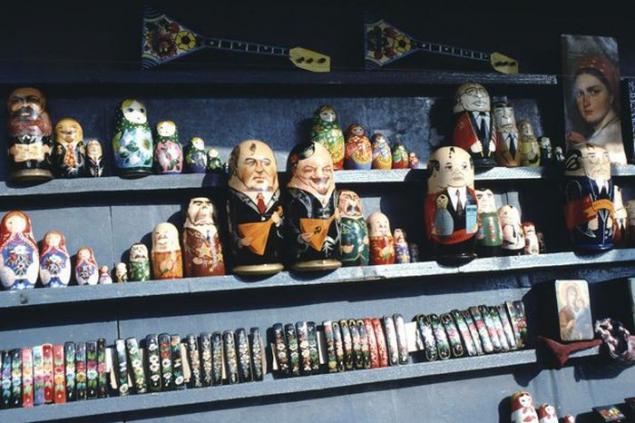
South Korea
Alex Kim
studied the cultural traditions of their ancestors
in Seoul, South Korea
Russian in South Korea called not only the Russians, and all immigrants from the CIS. In Seoul, all Russian-speaking gather near Dongdaemun. There is a main street - drunk, and I think everyone knows where the name came from. Dongdaemun - a piece of Russia in Korea: Russian restaurants, companies, travel agencies, spots shuttle traders, shops with products. Here you are more likely to hear Russian speech than Korean. Stereotypes about us, just like everywhere else: cold, bears go many
know about the lake, and still they believe that "Million scarlet roses" - the Korean national song.
Someone teaches English, someone, of course, guide-interpreter, illegal immigrants work in factories. And those who have visas okay, too, worked in a factory. The most common option for employment - a company of auto parts, which are often owned by the Russian, and among the most popular girls work - a babysitter in the same Russian family. Among all this diversity of professional activity is considered to be the coolest option work on major concerns at the invitation of the Korean: LG, Samsung, Lotte, Kia. An honor to work there, because a lot of steady pay.
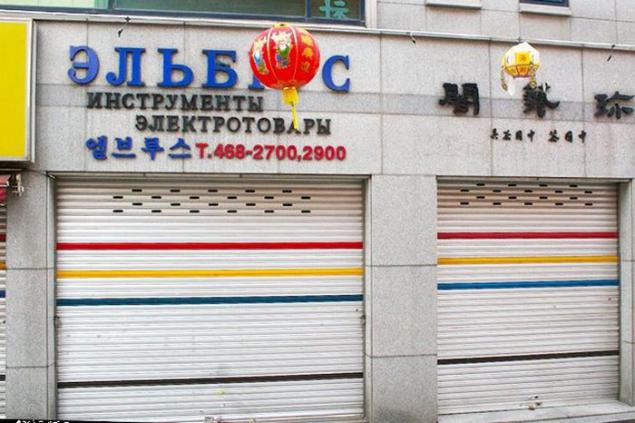
Thailand
IRA Petrova
employee travel agencies
Pattaya, Thailand
I will not reveal to anyone the secrets if I say that in Thailand a lot of Russian. We have local Russian long got acquainted with each other and spend a lot of time together: it is almost the same village, as in my native Siberian city. Pattaya for Russian has everything: shops, clubs, karaoke bars, soon there will Pub Siberian franchise Harat's. Around Pattaya there are Russian settlements in which there are Russian school opened
shops where you can buy specific products.
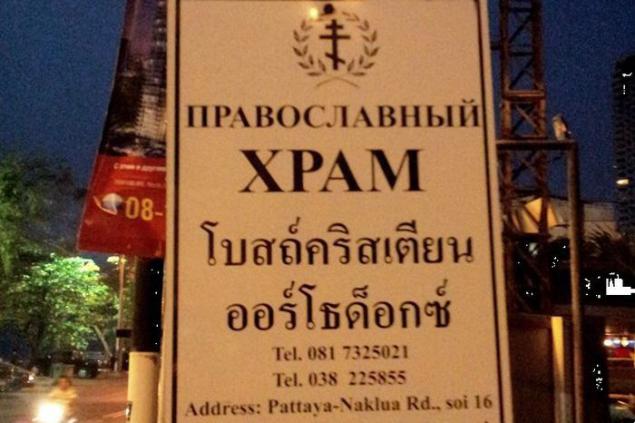
Basically everything is arranged well: buy houses, cars and dogs, have children and grow old. The last bit, but these too. Basically visiting Russian work here in the tourism sector - a win-win situation, customers will be always. I, for example, an office worker receiving a travel agency; someone keeps restaurants and cafes, someone bigger business: for example, there is a network of Russian TV channels, owned by businessman - a native of Russia. To work in Thailand, and generally live not necessarily know the Thai well enough set of common phrases: "hello", "how are you", "right", "home", "beer».
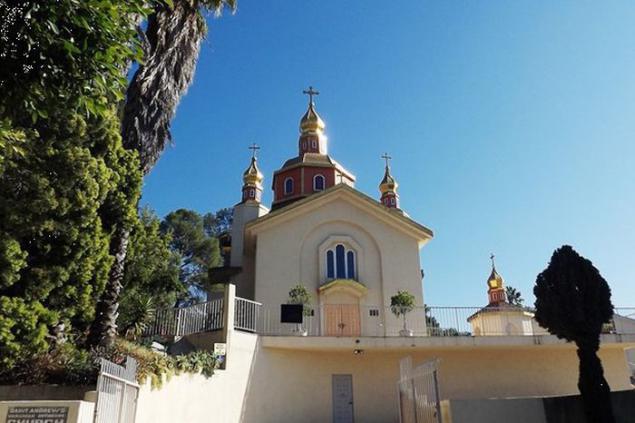
We locals also strain, mainly his concept of being "in May Pen Heaven" ("I do not care"), it is as if a philosophical attitude to life, which translates into irresponsibility, indifference and sluggishness. But in general, I personally live here much easier: you can soak up the sun on Sunday to go to the island often arrive here parents and friends, are not needed tights, coat and heaters, it is easier to go through the pain and speeding depression.
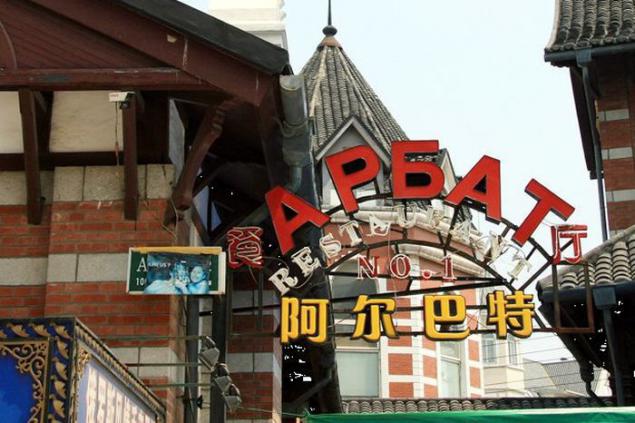
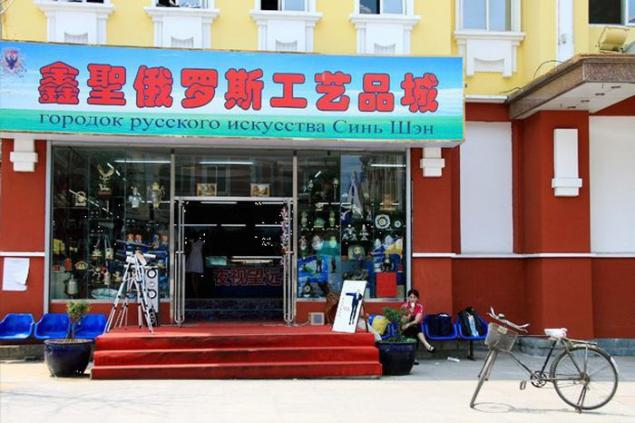
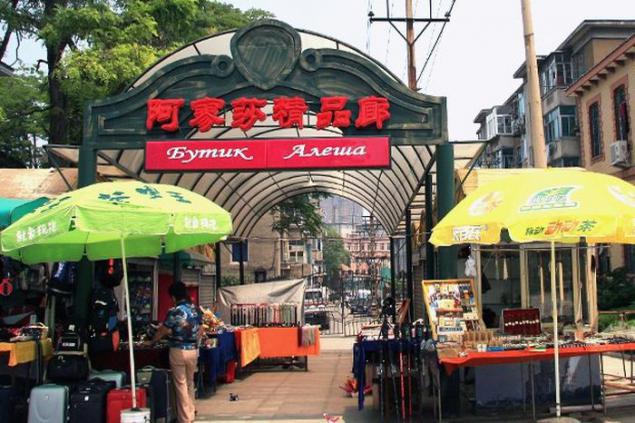
Ireland
ROMAN SIT
Lifenews freelance correspondent in Dublin, Ireland
Russian neighborhoods and communities, it seems to me there is in any large city in the world, and Dublin - is no exception. In Ireland, our compatriots working mostly IT-specialists. Well, or in the service sector: waiters, cleaners, salesmen. But Russian taxi driver here is difficult to meet. As far as I know, a lot of trouble with the document authorizing such activities. In addition to the weekly church attendance, Russian sing in the choir, conducted lunches, which eat dishes from the repertoire of Soviet cuisine, lead children to Russian schools for immigrants. All these people cooperate and do not lose touch with each other. In Dublin, for example, a trendy wound up with a funny nickname - he arranges shovels Russian party, where they play "Hands Up", "Russian Size" and other garbage.
And, of course, there are a couple of restaurants with Russian vodka and aspic. To all this diversity of life's moments Irish are very indifferent, most of them know almost nothing about Russia, and the situation of migrant workers, such as in England and France, there is as yet not, so everything is relative calm.
Sweden
ROMAN GAYDUR
CAD-designer
and designer
in Gothenburg, Sweden
In Gothenburg is home to approximately 2,000 Russian and almost all are trying to keep in touch with the former - and current - compatriots. The city has a so-called Russian community. People there meet, communicate, organize exhibitions and theatrical performances, spend evenings dating. I myself singing in Russian folk choir when I lived in Sundsvall, but stopped going there with time. I talk to fellow countrymen: we have a company, we play "Mafia", watch movies with pizza and beer, we go into the countryside. Many Russian enroll their
children in the Russian language clubs, schools and clubs; where they learn not only their mother tongue, but also literature. In Gothenburg there is a Russian theater under the direction of James Klebanov, where Russian acquainted with each other, as well as courses of Swedish in social networks. Can be found even in the Russian store, which is called "Grandma."
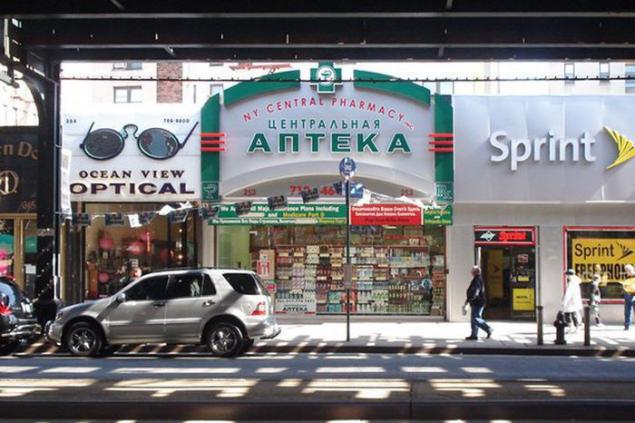
As in many other countries, Sweden Russian often work in the field of information technology. IT-specialists often find when they still live in Russia or Ukraine. Teach everything that they did not know how, and immediately employ. In fact, he works with immigrant influences much whether he is prepared to spend a few years to learn something new, whether he wants to speak in English or Swedish at some acceptable level, what he did at home, and why to be here .
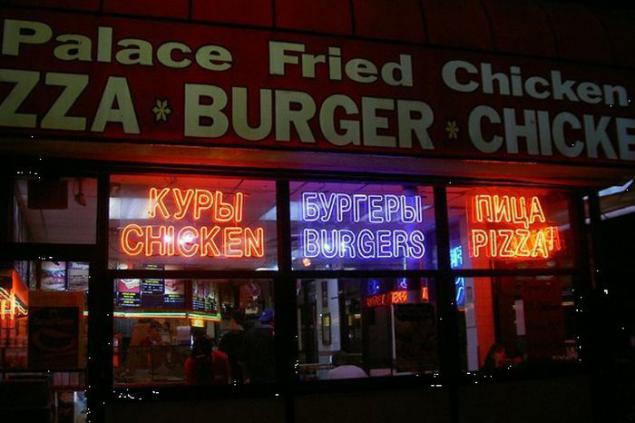
Some refer to us with caution: a few decades ago, children are frightened by the phrase "Will you indulge in, come and Russian will take you." Swedes with irony and surprise are the Russian political process and laws, many do not realize that Putin is doing. Media prefer to make on the agenda negative news about Russia - this, at least complain about Russian who live here. About me say this: I often work with classified documents, and when someone is on the phone with a slight Russian accent please send me some files that no one is frightened and did not even asked to sign a non-disclosure issue. Only colleagues joke: "This takes our Russian drawings and runs to the Russian consulate." Then do a pretty loyal attitude to migrants, many are even more pleased that the population is growing at the expense of new compatriots.
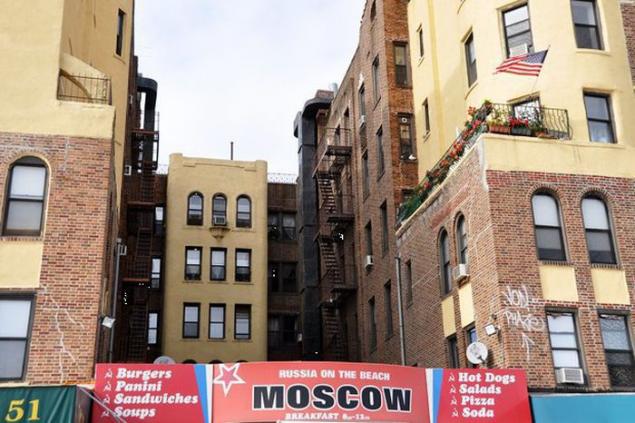
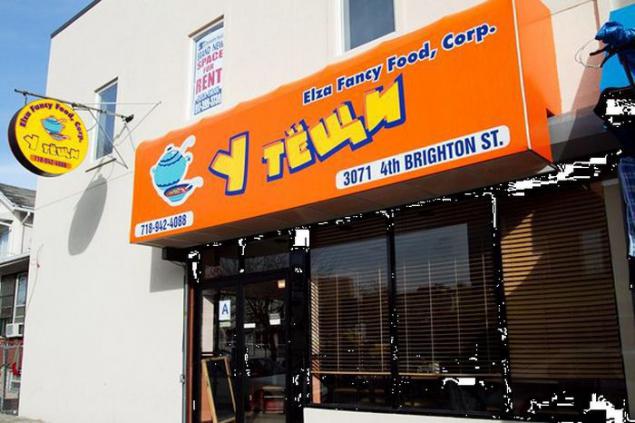
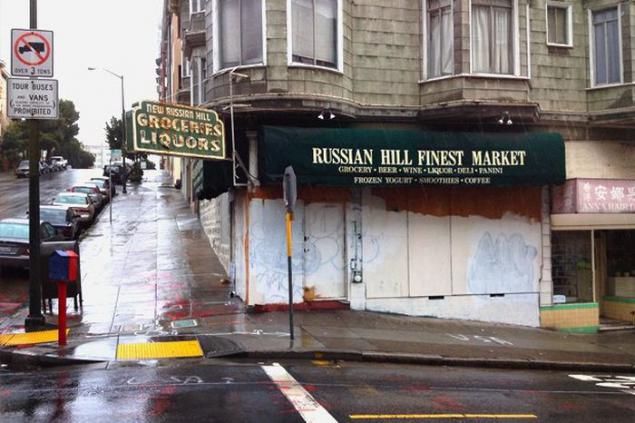
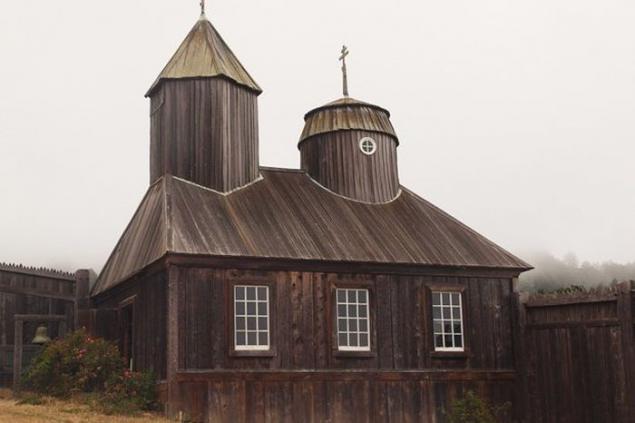
US
DMITRY Kirillin
IT-specialist in Ann Arbor, USA
I live in Michigan with his family for 13 years, and all this time rather more in touch with the Russian diaspora. Many come here for "sausage" - so here it is called - the people who changed their way of life at a "luxury." Many of them and settle somewhere in Brighton Beach, and more of them can not hear anything. In Ann Arbor is the Russian Orthodox Church of St. Vladimir Russian and shop where you can buy beer "Baltika", squash caviar "Veres" bread "Nicholas the Second." This year we held the first Russian festival with barbecue, innovative features and puppetry "Towers" for children. Our children go to the "Russian Club", where twice a year put the play in Russian.
When I personally say that I am Russian, special reaction it causes, in my profession Russian enough. A different stereotypes: cold, vodka, ice hockey. Once talked about hockey during a break at work - then played for the Detroit three Russian, and I eagerly ill - rednecks and one said, "Do you know where something about hockey?" And my colleague replied: "Are you sick? He's Russian! They are Canadians! »
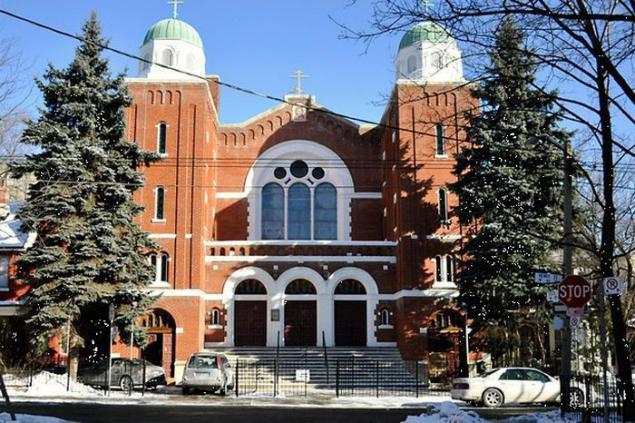
Source: www.the-village.ru
MARGARITA YUKECHEVA
journalist in Berlin, Germany

In Berlin, there are areas of Marzahn and Hellersdorf, where up to a third of the population - Russian. Both the first and the second is on the outskirts, high-rise buildings are built and populated mostly by people living on welfare. These sites are considered to be not particularly prosperous. In Berlin, Russian contingent (most of which - ethnic Germans and Jews) - from 100 to 300 thousand in Germany - up to 3 million. All Russian friends in different places: some found in stores, someone visits the Jewish community, someone strikes up a conversation on general holidays, get-togethers and parties.

In the district of Charlottenburg-Wilmersdorf in West Berlin are people who have managed to integrate that have a good job and can afford to rent an apartment. In all these areas there are Russian shops, kindergartens and schools, parishes - in short, all the necessary to maintain a spiritual connection with the homeland infrastructure. In Berlin, there are Russian newspapers, radio "Russian Berlin", "Russian House" with lots of clubs for children and diverse kultprogrammoy, have Sunday schools for children at churches. If a person really wants, he can build around themselves Russian peace and well-exist in it. Many even lived in the country for ten years, do not speak German, watching their (Russian, Turkish, Georgian, Polish) TV and live in their cozy little world of migrant.

Russian, unlike Turkish and Arab population, fast and well integrated. Typically, the second generation does not speak Russian, better command of German. Russian work everywhere: in stores consultants, doctors, offices in different positions, do business. For some reason the Russian collect money in the toilets in malls and gas stations - suspect the existence of the Mafia sortirny.

New Zealand
STAS KULESH
Creative Director
Auckland, New Zealand
In my estimation, in New Zealand is home to approximately 15,000 Russian speakers. Most of them end up in Auckland, because it is the largest city in the country. During each trip for groceries in the central supermarket can be found a couple of Russian speakers. Someone shies like a normal native of Russia, someone greets, getting to know - is different. Often grouped according to the order in which time period arrived. I call it the waves.
The explosions in the Moscow metro? So after six months will fly a few dozen people. Putin's elections? Wait a couple of hundred new immigrants. Newcomers are usually grouped with the same interests. At first, they have a lot in common - the need to find housing, buy a car, get a job, to solve everyday and business visa. Only two years later the situation is stabilized, and they join (if you want and attach to this effort) to the local multicultural society.
Somewhere "function" two of the Coordination Council of compatriots designed, as the name implies, we coordinate. Lavrov arrived, bequeathed to support culture. On this occasion, immigrants wave 90s already created two competing organizations for the organization, which in the future is something that can perepast with financed from the Russian budget table. There's even a Russian newspaper "Our harbor" in which Putin's love and morals and does not find the corrector. It is funded, it is worth noting not Russian, and local and not very foundation of culture and advertising. Advertised there Russian mechanics, lawyers, builders, web designers - in general, all professions are represented, you can not learn the language, if desired. I do not participate in numerous circles embroidery and belly dancing, but once a year I spend very much, in my opinion, the correct measure of "total dictation».
All've learned that the bank serves you a native of China, the Korean car repairs, Croat owns a restaurant, Vietnamese programs, Indian brings pizza, Russian painting the fence - it is a big mixed, a free country, we are all in it "come in large numbers." Sure, Maori claim that this is their land, and many European New Zealanders born here in the families who came in the last century, not very happy with the number of new arrivals. But racism, which is absolutely "not working" outside the kitchen and farm pastures. At the farmer's South Island, perhaps, was the one time when old New Zealander gave his whole appearance to understand, they say, come in large numbers here. This is a single case in the last 7 years of my stay here.

South Korea
Alex Kim
studied the cultural traditions of their ancestors
in Seoul, South Korea
Russian in South Korea called not only the Russians, and all immigrants from the CIS. In Seoul, all Russian-speaking gather near Dongdaemun. There is a main street - drunk, and I think everyone knows where the name came from. Dongdaemun - a piece of Russia in Korea: Russian restaurants, companies, travel agencies, spots shuttle traders, shops with products. Here you are more likely to hear Russian speech than Korean. Stereotypes about us, just like everywhere else: cold, bears go many
know about the lake, and still they believe that "Million scarlet roses" - the Korean national song.
Someone teaches English, someone, of course, guide-interpreter, illegal immigrants work in factories. And those who have visas okay, too, worked in a factory. The most common option for employment - a company of auto parts, which are often owned by the Russian, and among the most popular girls work - a babysitter in the same Russian family. Among all this diversity of professional activity is considered to be the coolest option work on major concerns at the invitation of the Korean: LG, Samsung, Lotte, Kia. An honor to work there, because a lot of steady pay.

Thailand
IRA Petrova
employee travel agencies
Pattaya, Thailand
I will not reveal to anyone the secrets if I say that in Thailand a lot of Russian. We have local Russian long got acquainted with each other and spend a lot of time together: it is almost the same village, as in my native Siberian city. Pattaya for Russian has everything: shops, clubs, karaoke bars, soon there will Pub Siberian franchise Harat's. Around Pattaya there are Russian settlements in which there are Russian school opened
shops where you can buy specific products.

Basically everything is arranged well: buy houses, cars and dogs, have children and grow old. The last bit, but these too. Basically visiting Russian work here in the tourism sector - a win-win situation, customers will be always. I, for example, an office worker receiving a travel agency; someone keeps restaurants and cafes, someone bigger business: for example, there is a network of Russian TV channels, owned by businessman - a native of Russia. To work in Thailand, and generally live not necessarily know the Thai well enough set of common phrases: "hello", "how are you", "right", "home", "beer».

We locals also strain, mainly his concept of being "in May Pen Heaven" ("I do not care"), it is as if a philosophical attitude to life, which translates into irresponsibility, indifference and sluggishness. But in general, I personally live here much easier: you can soak up the sun on Sunday to go to the island often arrive here parents and friends, are not needed tights, coat and heaters, it is easier to go through the pain and speeding depression.



Ireland
ROMAN SIT
Lifenews freelance correspondent in Dublin, Ireland
Russian neighborhoods and communities, it seems to me there is in any large city in the world, and Dublin - is no exception. In Ireland, our compatriots working mostly IT-specialists. Well, or in the service sector: waiters, cleaners, salesmen. But Russian taxi driver here is difficult to meet. As far as I know, a lot of trouble with the document authorizing such activities. In addition to the weekly church attendance, Russian sing in the choir, conducted lunches, which eat dishes from the repertoire of Soviet cuisine, lead children to Russian schools for immigrants. All these people cooperate and do not lose touch with each other. In Dublin, for example, a trendy wound up with a funny nickname - he arranges shovels Russian party, where they play "Hands Up", "Russian Size" and other garbage.
And, of course, there are a couple of restaurants with Russian vodka and aspic. To all this diversity of life's moments Irish are very indifferent, most of them know almost nothing about Russia, and the situation of migrant workers, such as in England and France, there is as yet not, so everything is relative calm.
Sweden
ROMAN GAYDUR
CAD-designer
and designer
in Gothenburg, Sweden
In Gothenburg is home to approximately 2,000 Russian and almost all are trying to keep in touch with the former - and current - compatriots. The city has a so-called Russian community. People there meet, communicate, organize exhibitions and theatrical performances, spend evenings dating. I myself singing in Russian folk choir when I lived in Sundsvall, but stopped going there with time. I talk to fellow countrymen: we have a company, we play "Mafia", watch movies with pizza and beer, we go into the countryside. Many Russian enroll their
children in the Russian language clubs, schools and clubs; where they learn not only their mother tongue, but also literature. In Gothenburg there is a Russian theater under the direction of James Klebanov, where Russian acquainted with each other, as well as courses of Swedish in social networks. Can be found even in the Russian store, which is called "Grandma."

As in many other countries, Sweden Russian often work in the field of information technology. IT-specialists often find when they still live in Russia or Ukraine. Teach everything that they did not know how, and immediately employ. In fact, he works with immigrant influences much whether he is prepared to spend a few years to learn something new, whether he wants to speak in English or Swedish at some acceptable level, what he did at home, and why to be here .

Some refer to us with caution: a few decades ago, children are frightened by the phrase "Will you indulge in, come and Russian will take you." Swedes with irony and surprise are the Russian political process and laws, many do not realize that Putin is doing. Media prefer to make on the agenda negative news about Russia - this, at least complain about Russian who live here. About me say this: I often work with classified documents, and when someone is on the phone with a slight Russian accent please send me some files that no one is frightened and did not even asked to sign a non-disclosure issue. Only colleagues joke: "This takes our Russian drawings and runs to the Russian consulate." Then do a pretty loyal attitude to migrants, many are even more pleased that the population is growing at the expense of new compatriots.




US
DMITRY Kirillin
IT-specialist in Ann Arbor, USA
I live in Michigan with his family for 13 years, and all this time rather more in touch with the Russian diaspora. Many come here for "sausage" - so here it is called - the people who changed their way of life at a "luxury." Many of them and settle somewhere in Brighton Beach, and more of them can not hear anything. In Ann Arbor is the Russian Orthodox Church of St. Vladimir Russian and shop where you can buy beer "Baltika", squash caviar "Veres" bread "Nicholas the Second." This year we held the first Russian festival with barbecue, innovative features and puppetry "Towers" for children. Our children go to the "Russian Club", where twice a year put the play in Russian.
When I personally say that I am Russian, special reaction it causes, in my profession Russian enough. A different stereotypes: cold, vodka, ice hockey. Once talked about hockey during a break at work - then played for the Detroit three Russian, and I eagerly ill - rednecks and one said, "Do you know where something about hockey?" And my colleague replied: "Are you sick? He's Russian! They are Canadians! »

Source: www.the-village.ru
